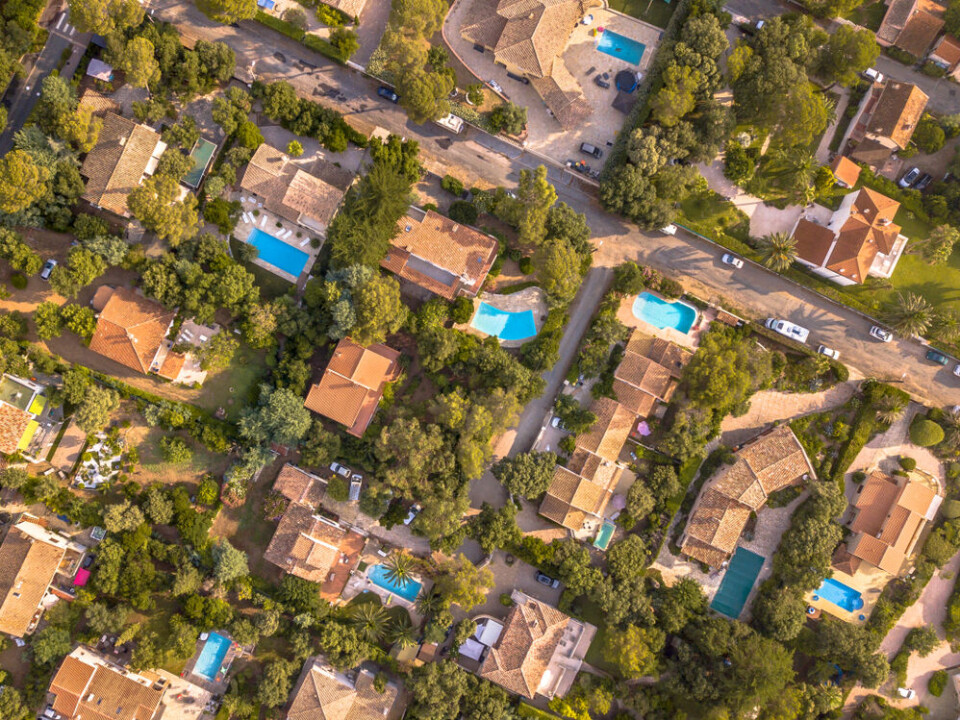-
Paris pledges action against voyeurs in public swimming pool changing rooms
It comes after several women came forward to report similar sexual assaults
-
Price drops for French mobile contracts - which offer cheapest deals now?
The average price for a package has fallen by 10% in the past year
-
Extra ‘taxes’ imposed on high earners should be permanent, says French finance minister
This would not constitute a return to the former wealth tax, he adds
France's way of tracking undeclared pools is unfair, says report
The aerial photography system in use since 2021 is not applied in the same way all over the country

France’s new system to detect undeclared swimming pools for tax purposes - which uses aerial photography - has been judged to be “unequal” by the Cour des Comptes, the supreme auditing body.
Since 2021, tax authorities have been using public aerial photographs taken by the French National Institute for Geographic and Forestry Information (IGN) - in partnership with the consultancy firm Capgemini and US giant Google.
This system helps to detect undeclared swimming pools, outbuildings, and garden sheds for which taxe foncière (a kind of property tax) should be paid.
Read more: French tax office begins to use aerial shots to find undeclared pools
Authorities have already said that the aerial photography technique - which was set up at a cost of around €26 million - has allowed them to detect more than 120,000 undeclared swimming pools, amounting to €40 million-€50 million in extra taxe foncière in 2023.
Read more: Tax authorities discover 120,000 undeclared swimming pools in France
But a new report by the Cour des Comptes - France’s supreme body for auditing the use of public funds - has found that the system does not use aerial photography in Corsica or in France’s overseas territories, meaning that not all taxpayers in France are subject to the same checks.
This “weakens the scope of the programme and constitutes inequality in the treatment of taxpayers depending on their department of residence”, the report states.
The court added that this inequality “must be brought to an end as soon as possible”.
Corsica and Paca
The lack of aerial photography in Corsica may be particularly consequential.
Corsica (along with Provence-Alpes-Côte d'Azur region, which is included in the aerial photography zone) is home to more than a third (37%) of all the 3.4 million swimming pools liable for this tax in France, a study by the Fédération des professionnels de la piscine et du spa (FFP) found.
The swimming pools eligible for tax are defined by la Direction générale des finances publiques (DGFiP) as “an in-ground or above-ground swimming pool, with a wooden or rigid structure, even if it has no masonry elements when it is installed, that cannot be moved without demolishing it”.
Related articles
Tax and planning: When and how to declare a swimming pool in France
How French tax authorities are tracking undeclared swimming pools
























